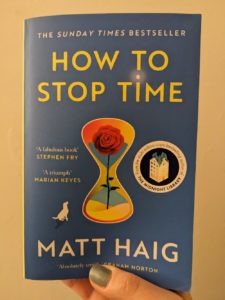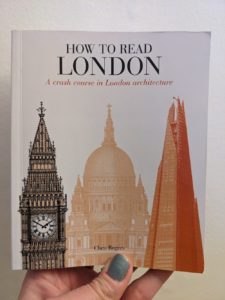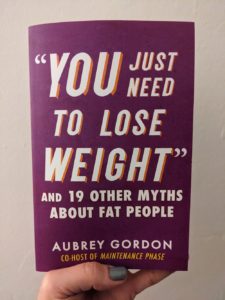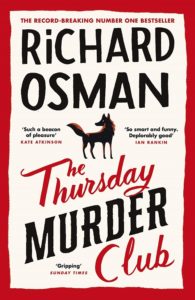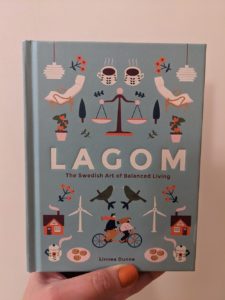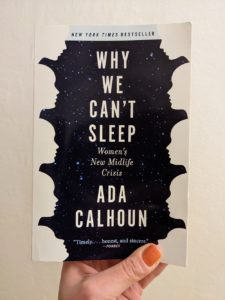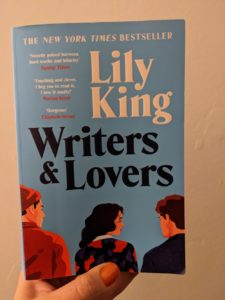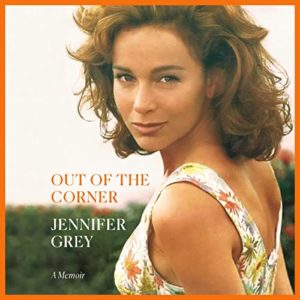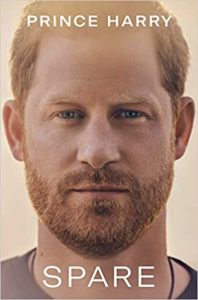 Four Stars
Four Stars
Best for:
Those interested in a very different perspective on not just the British royal family overall, but how life in it has impacted Prince Harry and his family.
In a nutshell:
Member of the British Royal family, second child to Princess Diana and Prince Charles (hence ‘spare’,) provide insight into his childhood, young adulthood, and adulthood, focusing often on the machinations of the British press (and his family’s complicity).
Worth quoting:
I mean, there’s a lot here, but everyone’s focused on him talking about his frost-nipped todger.
Why I chose it:
I live in the UK but am from the US. I think people are disgusting when it comes to Meghan Markle. I also watched their Netflix documentary and found them to be sweet people who clearly care deeply for each other.
What it left me feeling:
Annoyance (at the press)
Review:
Look, lets be clear: Prince Harry is not anti-monarchy. This book is not here to bring down his father, or The Crown, or anything like that. He barely even acknowledges the colonialism that underpins all things British and led to him having the role he had until he was kicked out (though he does acknowledge it, along with the financial costs and potential benefits to taxpayers). And obviously, in general, he has a privilege and has led a life that very, very few people could ever have. If one only has energy to hear one story about someone to gain a sense of life on earth, this is not it.
But there’s something else here. I’ve seen plenty of headlines of news articles and reviews saying ‘poor little rich boy,’ telling him he needs therapy, not a memoir, but kudos to the ghostwriter, because Prince Harry sounds like someone who has done a lot of work to process a lot of trauma and a lot of just … weird life experiences that make it challenging to live in the ‘real world,’ especially when all of the financial and security support that made his life function has been pulled away. I don’t always agree with what he has done (and neither does he), and I can’t take all of this as gospel truth, but it definitely paints a vivid picture.
The book is broken up into small chapters across three parts – childhood, military and beyond, and Meghan. The childhood section obviously talks about his mother’s death and the anger he felt over the press’s role in that (which they still vehemently deny, but come on). But it also talks about how stories about him as a teen ended up covered in the press. The example that stuck out to me was how he broke his thumb playing rugby, and the papers covered it like he was deeply, seriously injured and was staying in hospital. The take-away I have is that most of what they print is utter bullshit, but even when there is a hint of truth, the media elaborate and make up something much more sensational.
Prince Harry talks about times when he was wrong, like the choice to wear the Nazi costume, or when he referred to a friend using an ethnic slur. I tend to believe he was uneducated and ignorant about the impact, but the sense I get – and obviously its his version, so grain of salt – is that he is someone who learns from his mistakes. He seems to genuinely want to be better, and is constantly trying to get there. He’s obviously got areas where he probably will always be unreachable (abolition of the monarchy, for example), but I believe there is some thought there.
The second part focuses heavily on his experience in the military. I saw some headlines from ‘military experts’ saying that he shouldn’t have spoken the way he did, but I think he provided both a glimpse into war, and also an idea of what war can be like for members of the military. It wasn’t glamorized in my view, though I don’t think there was enough discussion of the harms to the civilians. I do think he recognizes the harm it causes those who fight, and he has suffered from PTSD from it, and seeks to help others (via the Invictus Games).
Part three is probably what most people are interested in – his courtship of and marriage to Meghan Markle. There’s not a ton of new things there if you watched the Netflix documentary, in terms of their interpersonal relationship.
But the theme through all of this, as I note at the top, is the British press. Writing articles about any children, regardless of who their parents are, seems pretty gross, frankly. And his family’s unwillingness to refute anything having to do with him (though they will refute things having to do with his brother and sister-in-law, and his father) does make it look like he was set up to be the fall guy and / or distraction for the rest of the family. His father comes out looking much better than I expected; Prince William and Princess Kate, however, do not. Part of the issues between them and Meghan are, I believe, cultural (US vs UK), but it’s really gross how instead of William and Kate viewing it as tomato / tomahto, they seem to view it as wrong vs right. Like, it’s not crass, or vulgar, or too familiar, to hug one’s sister-in-law. And also, one should respect boundaries. If by default, one person hugs, it’s okay to say hey, I don’t hug. But it’s not okay to say AND ANYONE WHO HUGS EVER IS A PIECE OF TRASH. And that’s how I think the family treated any conflict or disagreement with Meghan’s world view.
Prince Harry talks a lot of about the British press stoking the racism and hatred of Meghan, and that’s just … undeniable. It’s literally true. I mean, in December a man who I will not name (though I did file a complaint against, along with 20,000 other people) wrote an unforgivable piece that was actually published in the Scum where he talked about how he hated Meghan ‘at a cellular level’ and he was excited for her to get the Cercei treatment (but actually spelling it out). What has she done wrong? She was an actress, she’s and activist, and she married a guy. Like, everyone needs to calm down. Its just … it’s fucking weird.
Anyway, I found the book to be insightful, and I think it’s worth a read if you’re curious.
Recommend to a Friend / Keep / Donate it / Toss it:
Recommend to a Friend
